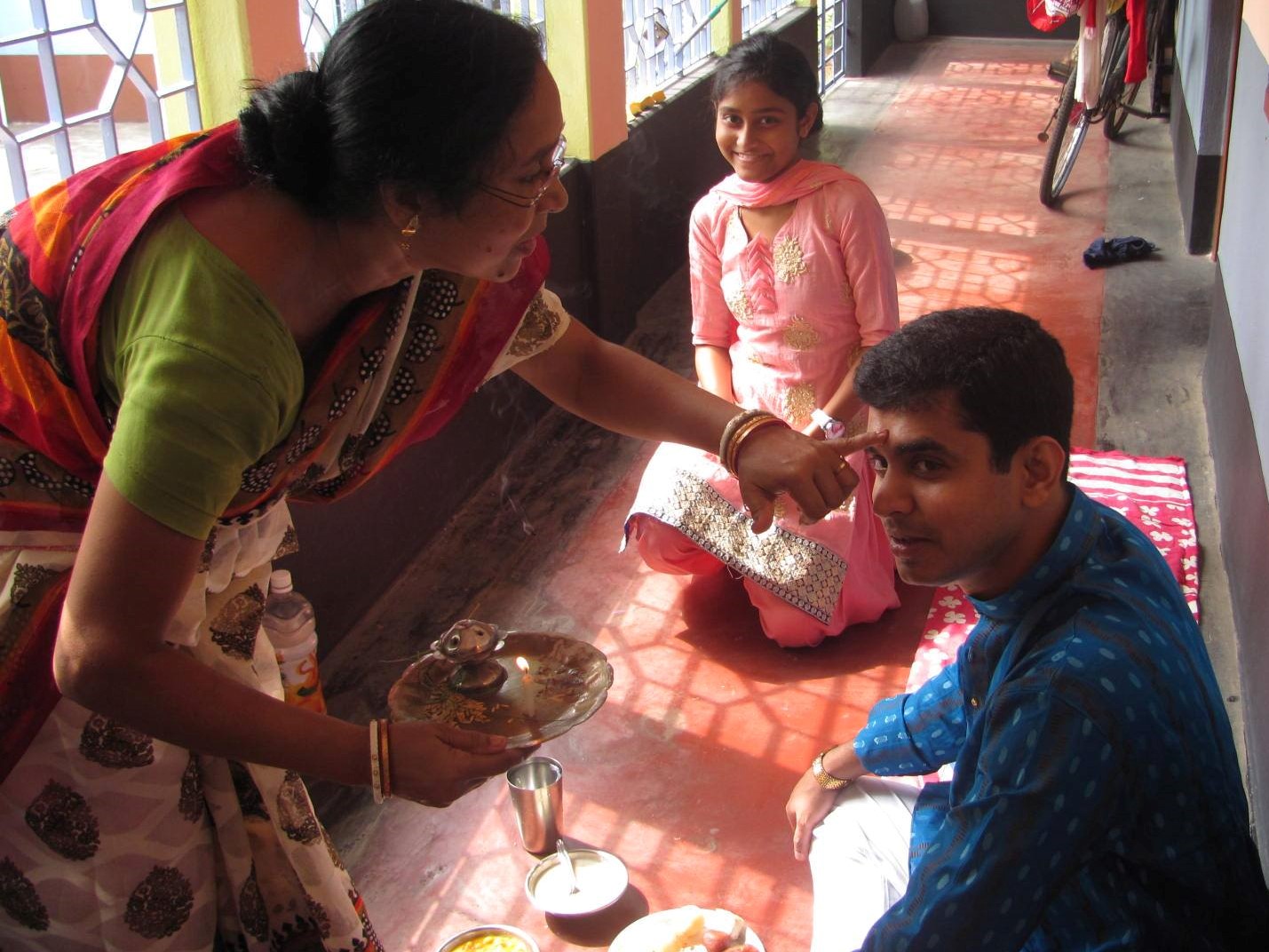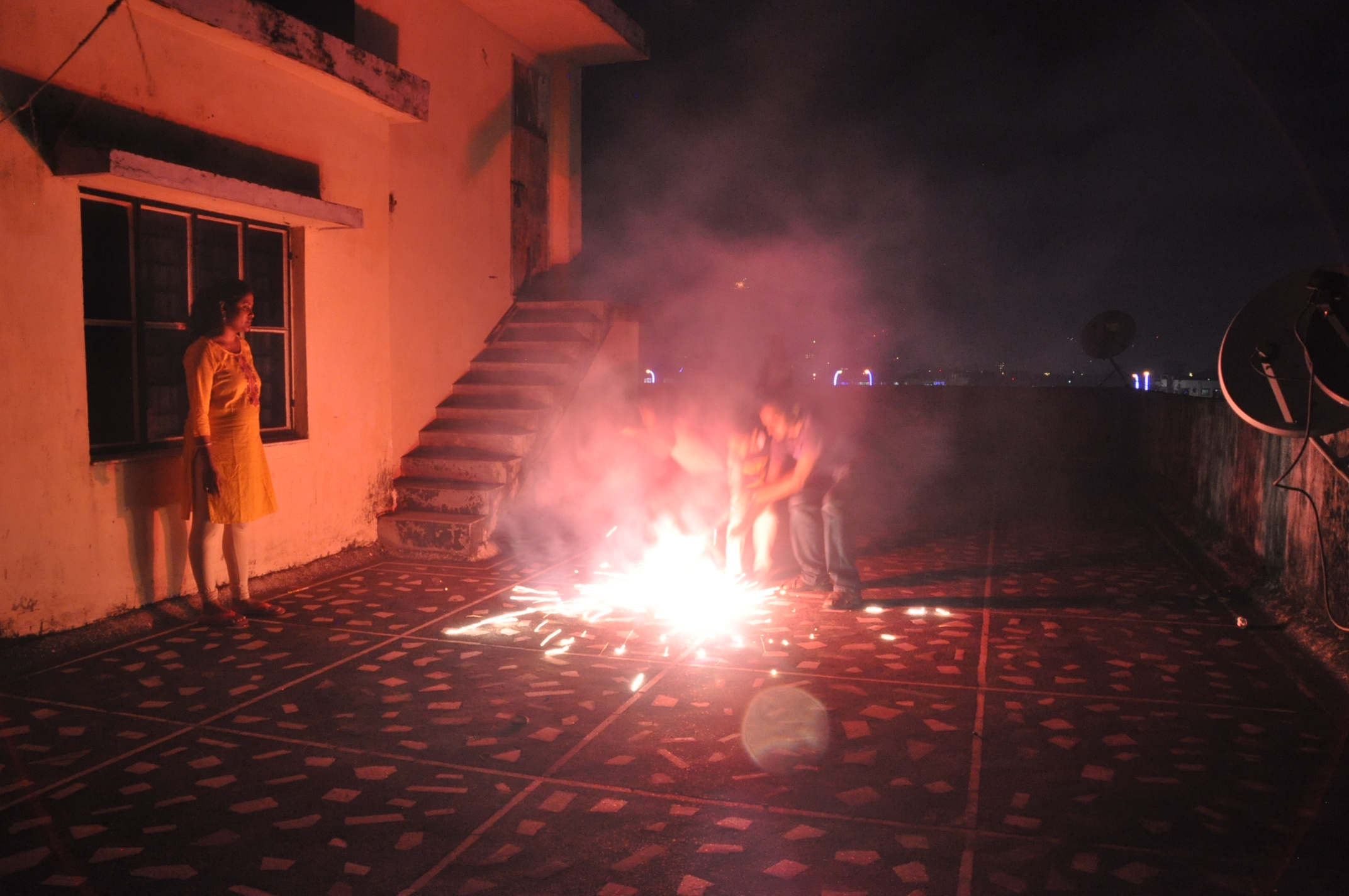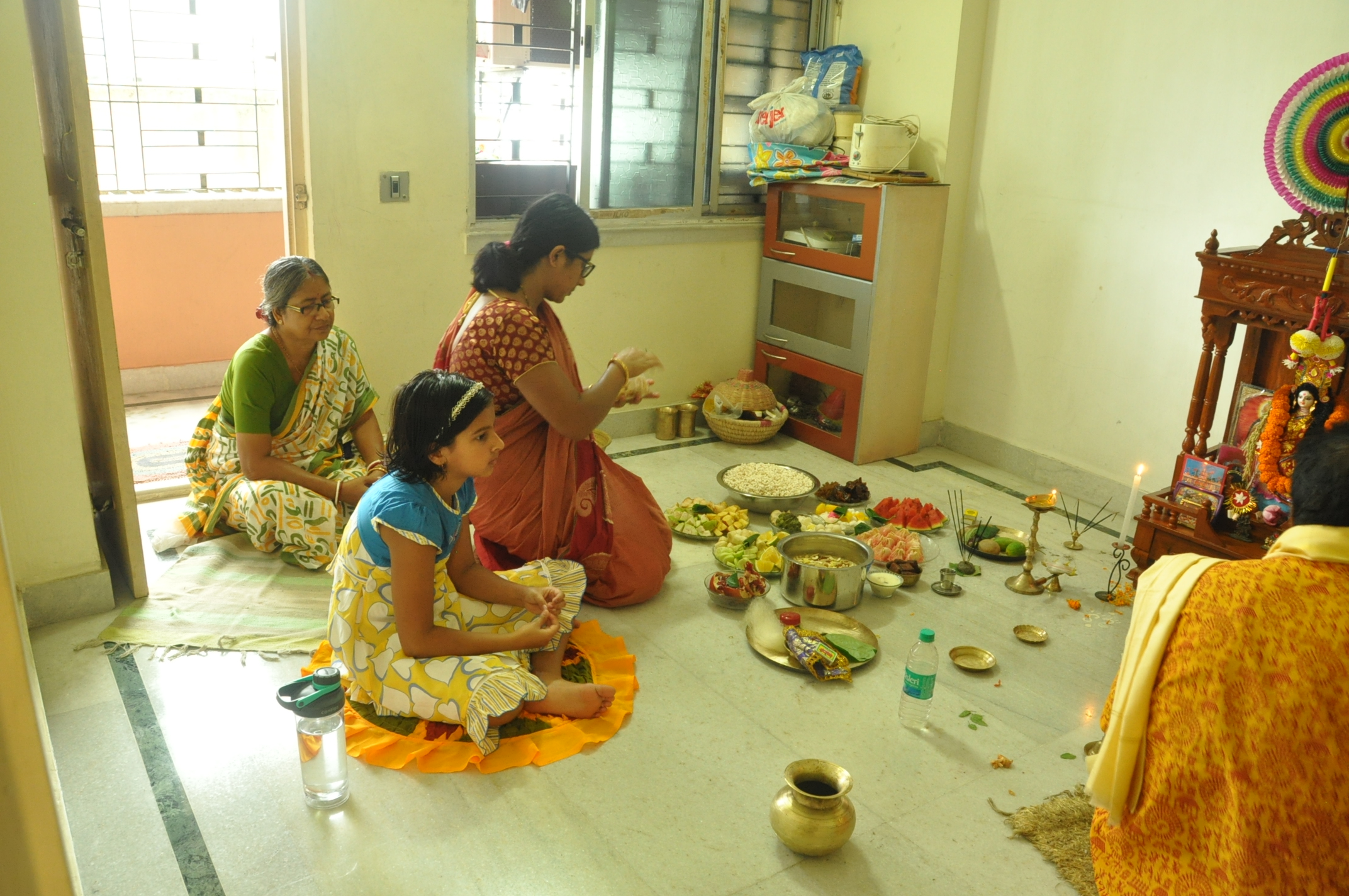
Honoring light and knowledge in worldwide celebration of Diwali
Editor’s note: Diwali, a five-day festival of lights celebrated by Hindus, Buddists, Sikhs and Jains around the world, starts this year on Oct. 27. Just like our customers, Denver Water employees have diverse backgrounds, and we’re proud of our rich cultural diversity that reflects the 1.4 million people we serve.
Every year at the end of October and early November, Diwali — which focuses on the spiritual victory of light over darkness, good over evil, and knowledge over ignorance — is celebrated around the world.
The five-day festival is celebrated by Hindus, Buddists, Sikhs and Jains.
The way the festival is celebrated varies across cultures, religions and regions in India and nearby countries, but all the traditions have a similar focus: family, light and knowledge.
“It’s very much a family celebration,” said Sandip Banerjee, one of several Denver Water employees who honors the holiday. “There is a big significance in light overcoming darkness.”
Banerjee, who works in information technology enterprise integration services, immigrated to the United States in 2005 from the eastern region of India and continues to observe the festival with friends and family in Denver.
Naval Subbarayan, a senior application developer in IT, immigrated to the United States in 2004 from southern India and hopes to one day take his kids, ages 11 and 6, to India to see his village-wide festivities. “But people are very welcoming about celebrating Diwali here,” he said.
This year, Diwali begins Oct. 27. The start date of the five-day celebration fluctuates slightly every year with the Hindu lunar calendar.
In India, Banerjee’s and Subbarayan’s extended families gather every year, celebrating each of the five days of Diwali.
Day 1, known as Dhanteras, or Day of Fortune, celebrates wealth and prosperity.
People exchange small gold or silver coins to wish others good health and happiness. They light diyas, or clay lamps, throughout their homes and communities.
Day 2, known as Naraka Chaturdas, or Day of Knowledge, recognizes Lord Krishna’s victory over an evil demon, freeing the world from fear.
Many people honor this day by taking an oil bath. The ritual symbolizes a new beginning after washing away the dirt and fear from the previous year, and it’s one of Subbarayan’s most memorable childhood traditions.
Day 3, known as Diwali, or Day of Light, is the most significant and common celebratory day of Diwali.
People light fireworks and gamble; even India’s stock exchange opens for two hours so people can play their luck. They wear new clothes, distribute sweets and gifts, and blanket the sky with colorful hot balloons.
Of all Banerjee’s childhood memories, setting off fireworks with friends late at night is one of his most treasured.
“I burned my hand several times,” Banerjee said with a laugh. “Later we realized it was not at all safe, but it was a fun challenge between friends.”
Day 4, known as Annakut, or the New Year, is a day of feasting.
After celebrating for three days, people typically rest and reunite with their families.
Banerjee said at least 100 of his family members gather together every year for a feast on the fourth day, a dinner that people begin planning months in advance. The day also celebrates the bond and relationship between husband and wife.
Day 5, known as Bhai Duj, or Day of Love Between Siblings, honors brothers and sisters.
The siblings exchange gifts, and apply tilak, a sandalwood paste, on each other’s forehead, wishing their siblings a long life and prosperity.
It’s a tradition Banerjee has kept with his sisters and is looking forward to passing along to his 1-year-old son and 10-year-old daughter this year. It’s a special ritual that transcends procedure or routine, instead sparking something deep inside, a spiritual connection to your family, Banerjee said.
“It’s not like you’re showing off for a photo session or something like that,” Banerjee said. “It’s really how you feel. I know my sister wants me to have a long life and good health, and I wish the same for her too. It’s difficult to express what that’s like.”
This year, Banerjee, Subbarayan and their families will attend festivals on the third day of Diwali at a Hindu temple in Denver. Their extended families will exchange gifts across the continents.
Diwali is a holiday that all are welcome to celebrate, Banerjee said, as it’s a cross-cultural recognition of good overcoming evil.
“There are no exclusions on who can celebrate or who cannot,” he said. “We grew up with Christians, Muslims and Hindus, and we celebrate all of our holidays side-by-side, together.”



